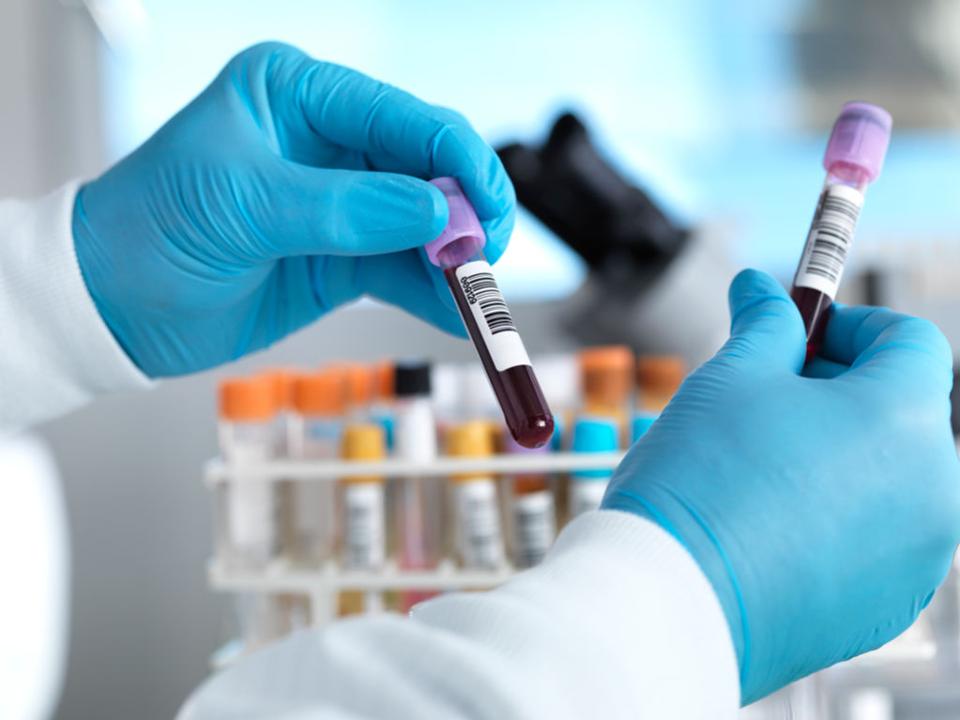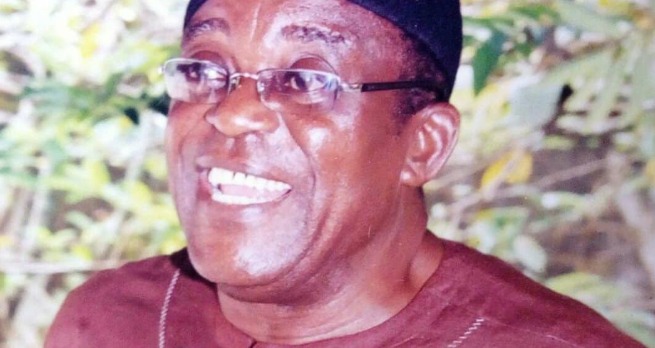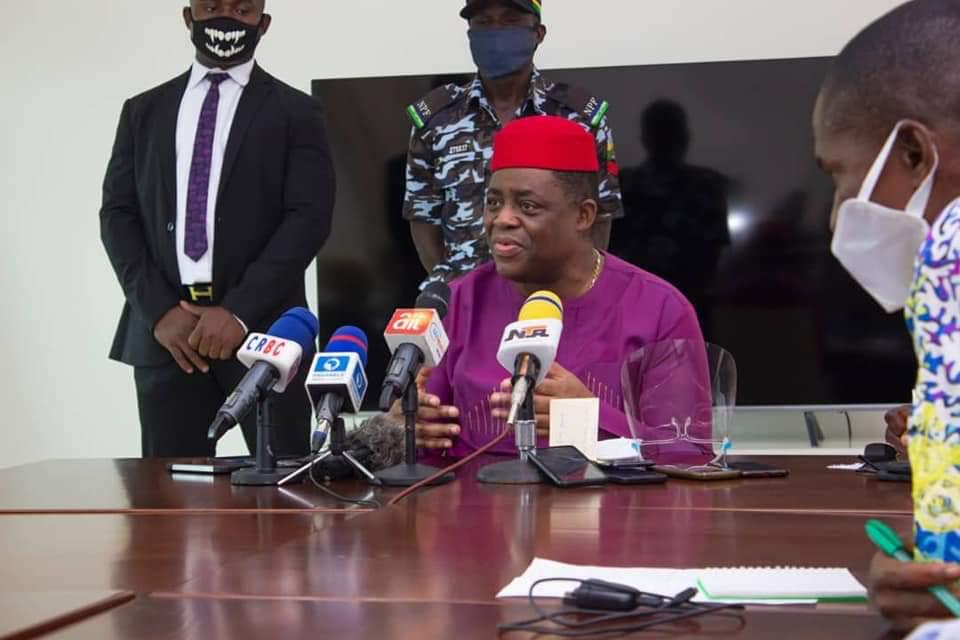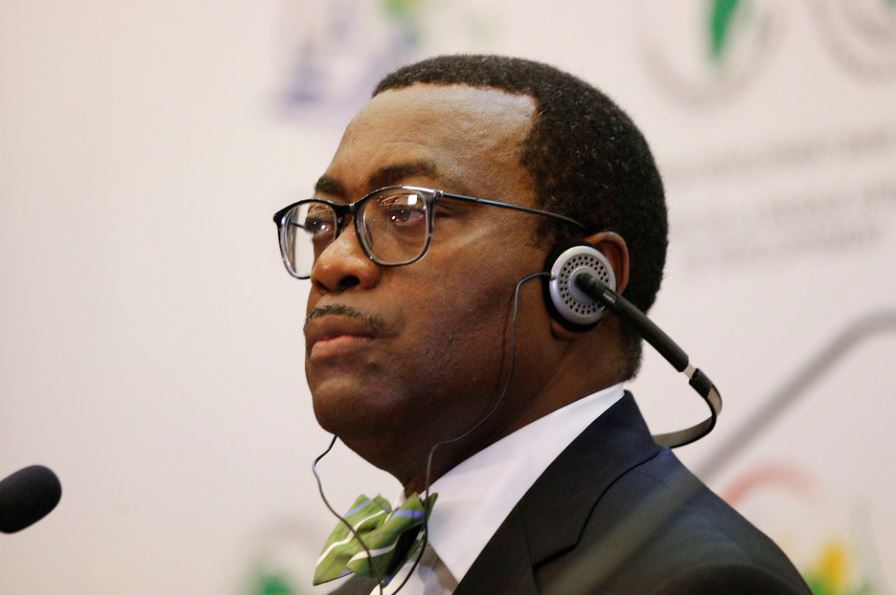Frederico Peres, senior researcher at the Brazilian National Institute of Public Health, has called on scientists to debunk fake news surrounding the COVID-19 pandemic.
While presenting a paper at the 32nd conference of the International Society for Environmental Epidemiology (ISEE), Peres called on his colleagues to step out of their comfort zones and do more to discourage the spread of fake news on social media.
Speaking on the need to establish facts on the pandemic, Peres explained why advance science communication is necessary, adding that fake news is one of the most important issues that should be addressed.
“This is one of the issues we need to face in science communication. For example, the WHO has just classified the time we are in as an infodemic, a pandemic in terms of information,” he said.
Advertisement
“A lot of the information that we are seeing, especially in those areas we don’t have moderation like the social media, are false or inaccurate, so we need to move forward with science communication.
“We scientists need to step up, make a statement and overcome the situation.”
The World Health Organisation (WHO) held its first ever infodemiology conference in June, and according to the organisation, an infodemic is an overabundance of information – some accurate and some not – occurring during an epidemic.
Advertisement
The global health body said in the context of the COVID-19 pandemic, “the phenomenon of an ‘infodemic’ has escalated to a level that requires a coordinated response.”
Also speaking at the ISEE conference, Jonathan Proctor, a scientist at Harvard University, said research has shown that ultraviolet radiation may help reduce the spread of COVID-19.
“We started to understand if the transmission of COVID might have a seasonal component. We collected a daily number of confirmed cases from over 3,000 regions in 170 countries and paired that with daily data on UV temperature and humidity,” Proctor said.
“We found that increase in UV tends to decrease COVID transmission. But the temperature in humidity had little to no detectable effect. However, more studies are needed to determine the effect of UV on COVID-19 spread.”
Advertisement
On her part, Franziska Matthies-Wiesler, a researcher at the Helmholtz Center Muenchen, Institute for Epidemiology, noted that as of March, research showed “no obvious effect of hot weather on the spread of COVID-19”.
Add a comment







